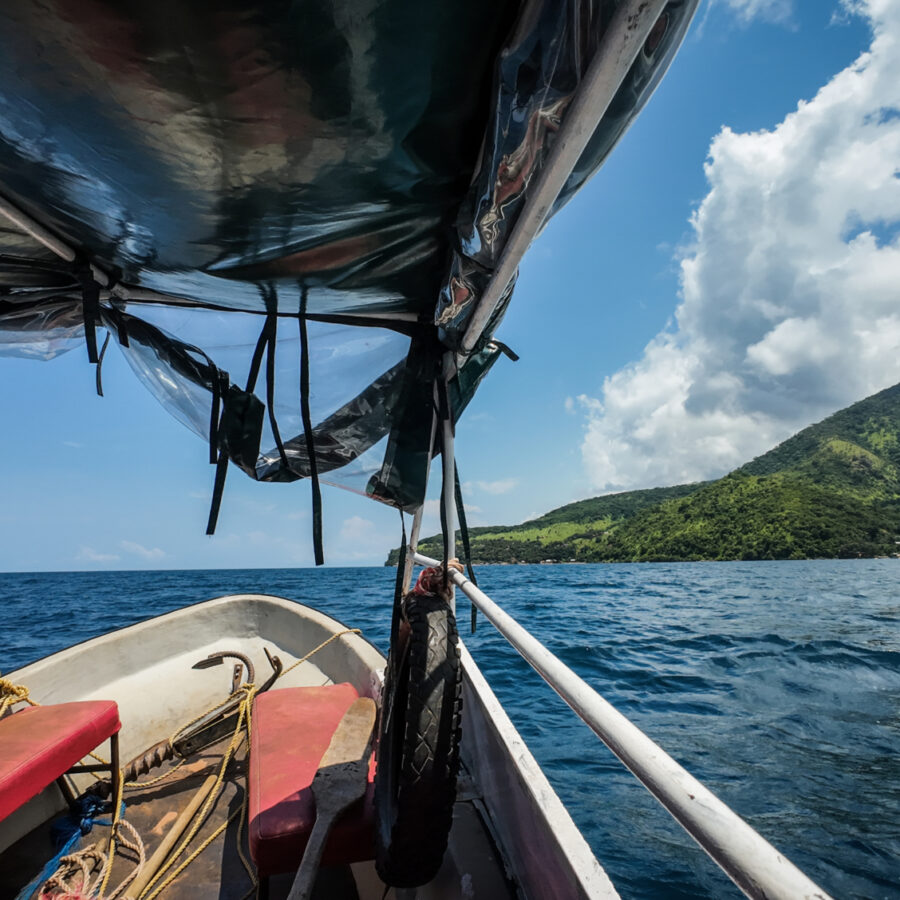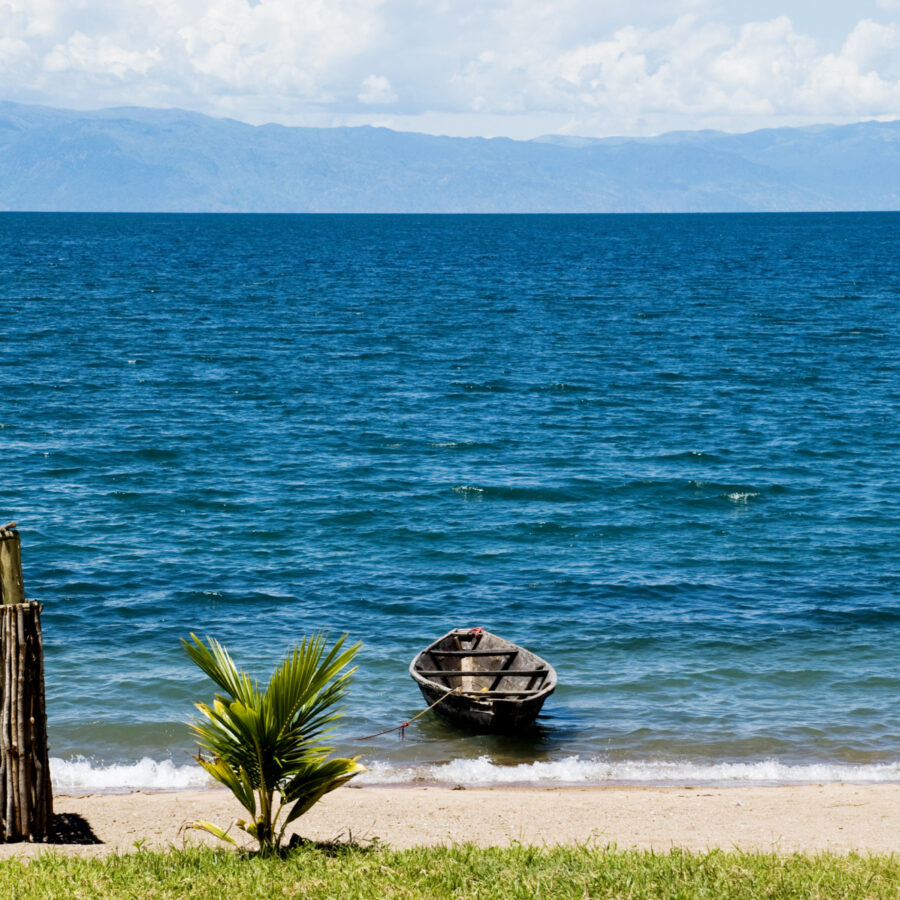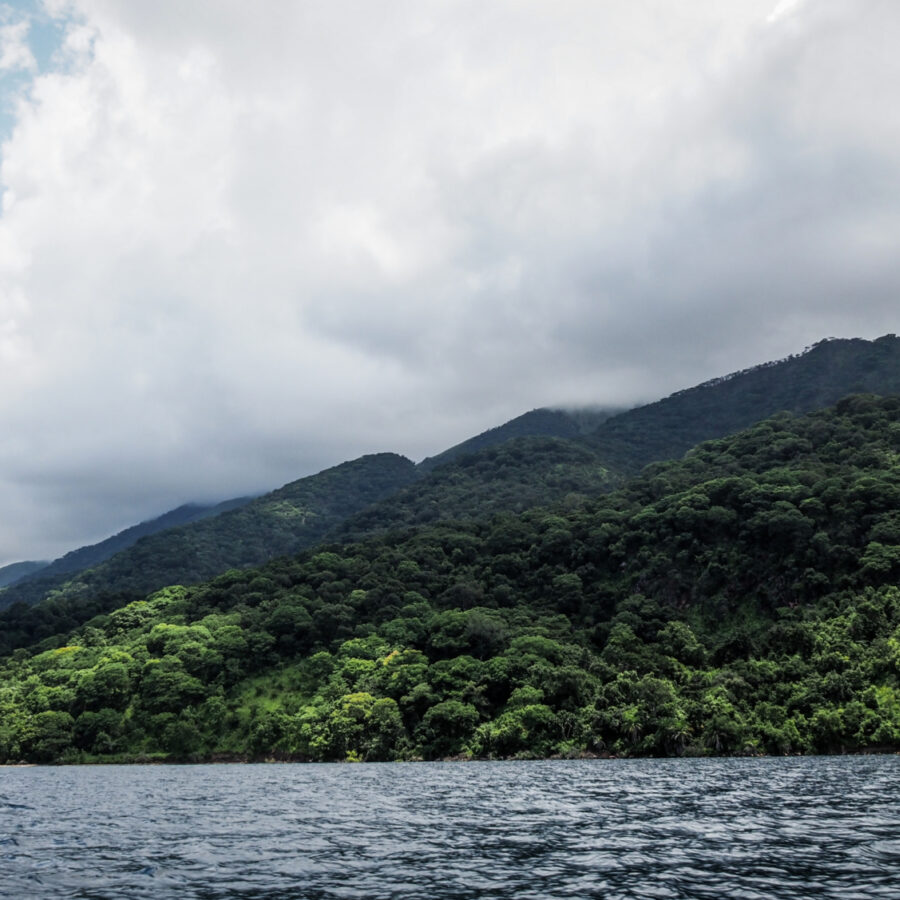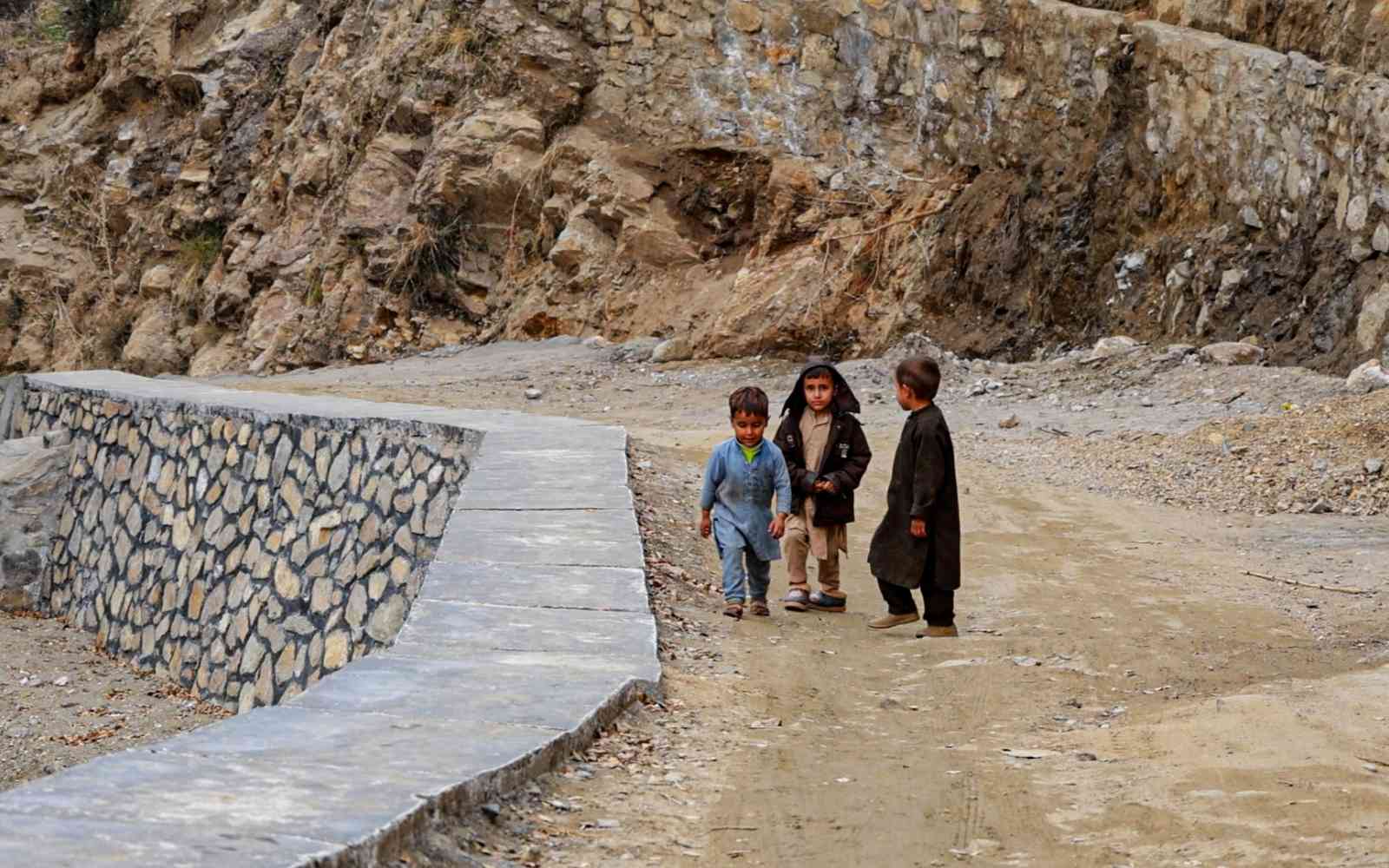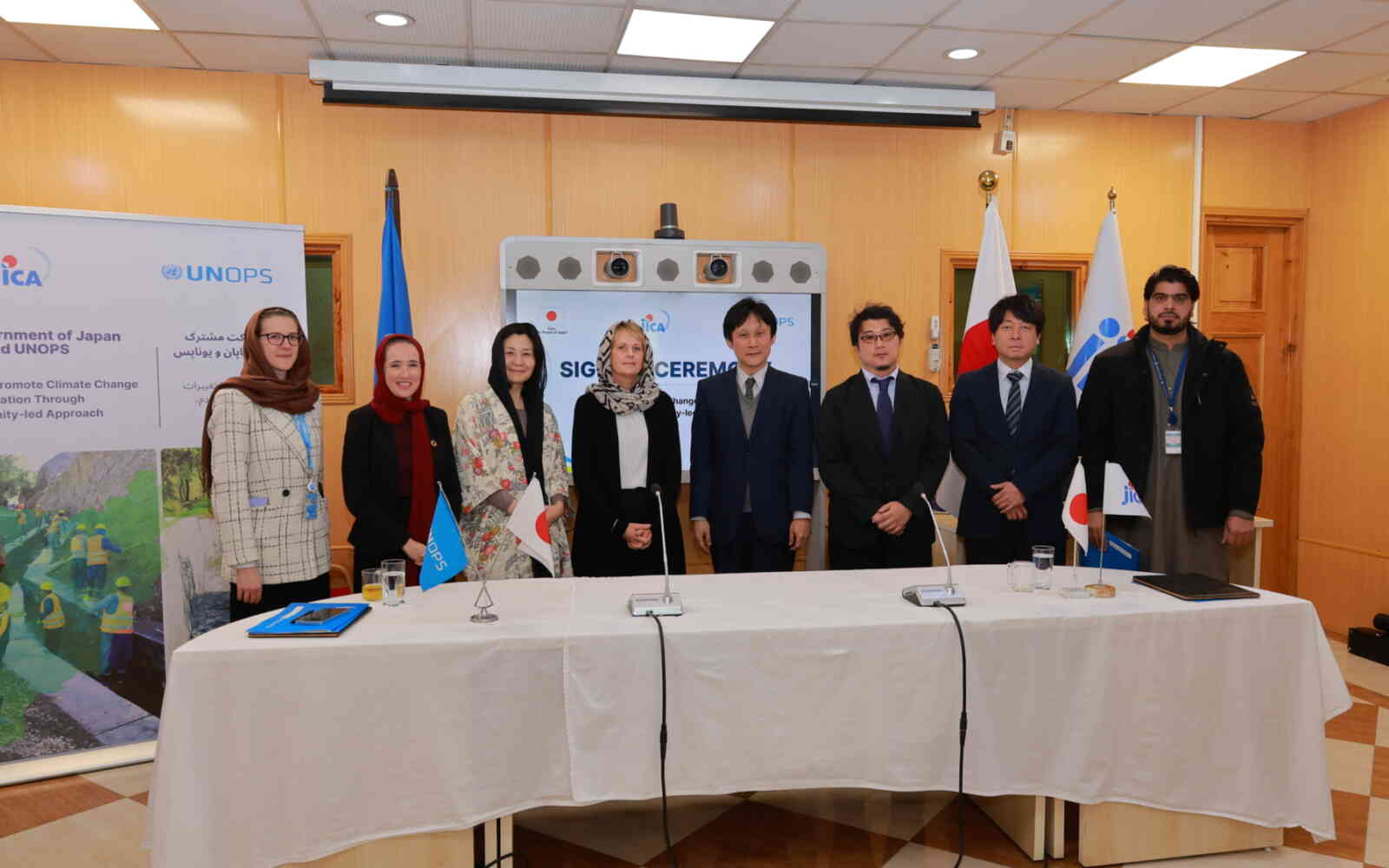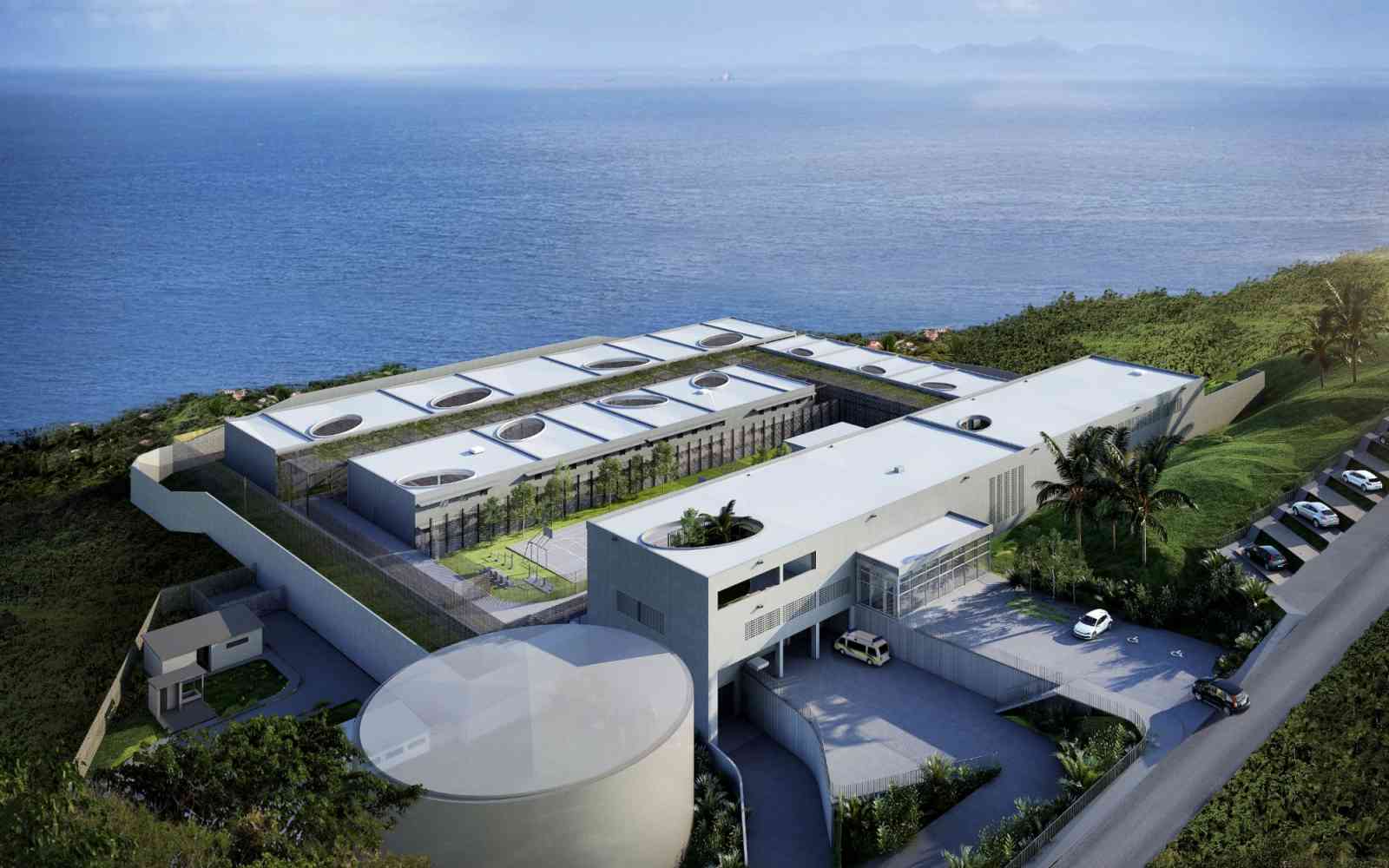The United Nations Office for Project Services (UNOPS)

Water for climate action
From drought to rising sea levels, water is at the heart of the climate crisis. Discover how we're partnering with communities globally to address water challenges and build resilience to a changing climate.
Climate change is, among other things, a water crisis, creating immense challenges – from widespread water scarcity and low agricultural yields, to extreme flooding and mudslides, to rising sea levels that threaten to displace coastal communities.
Across the globe, we are working with partners to respond to these threats – providing practical solutions that help communities adapt and become more resilient.
Explore some of the impact we're creating in communities worldwide together with our partners – from building climate-resilient infrastructure to empowering local communities to more effectively manage their own water resources.
Madagascar
Madagascar
For decades, farmers in Madagascar's Vohipeno and Ivato Districts have struggled with rain scarce skies. Once fed by an old pumping station that has fallen into disrepair, their canals have dried up – and crop production remains insufficient for the community.
A government-supported, UNOPS-implemented project financed by the International Fund for Agricultural Development and the OPEC Fund for International Development is changing that. A solar-powered pumping station will make it possible to irrigate more than 2,440 hectares of crops – helping nearly 10,000 households double harvest and strengthening their food security.
Read more: Transforming life in rural Madagascar

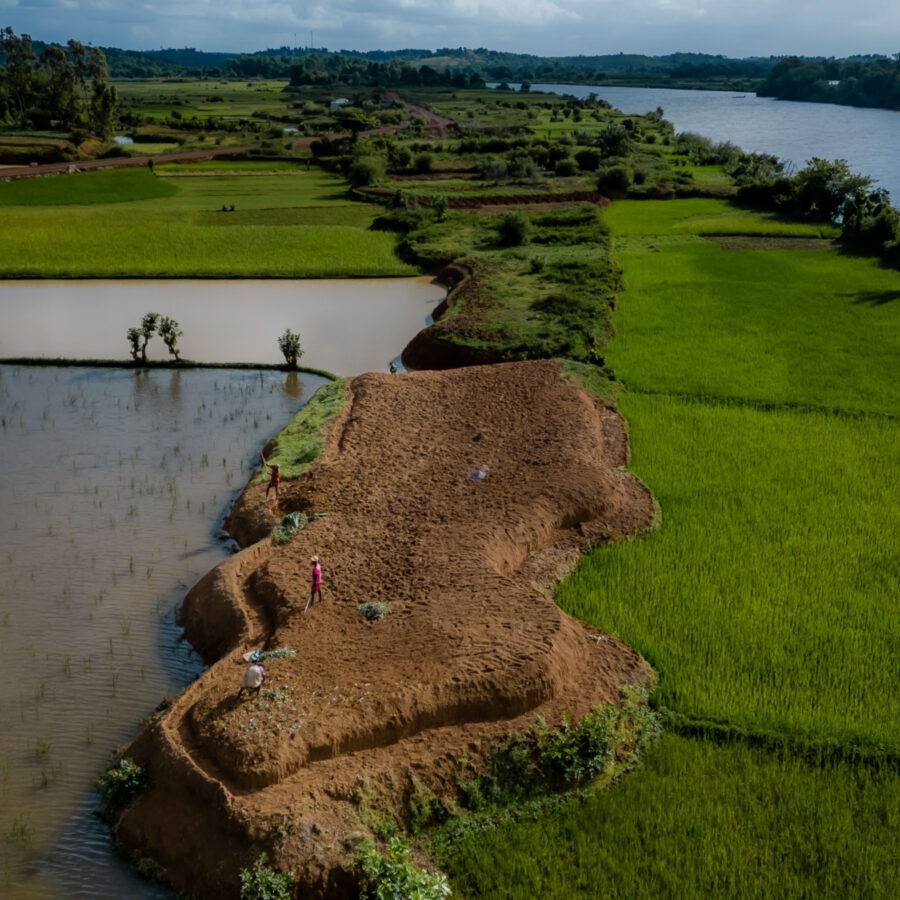
Niger
Niger
In Niger, climate change is causing temperatures to rise at an alarming rate. The changing weather patterns, including recurring droughts, coupled with conflict have wreaked havoc on agricultural production and livelihoods.
To help tackle food insecurity, promote economic growth and provide a sustainable water source for farmers, we constructed and rehabilitated essential irrigation infrastructure. The project was part of a six-year programme funded by the Millennium Challenge Corporation and delivered through the Millennium Challenge Account-Niger.
Read more: Promoting food security through sustainable agriculture
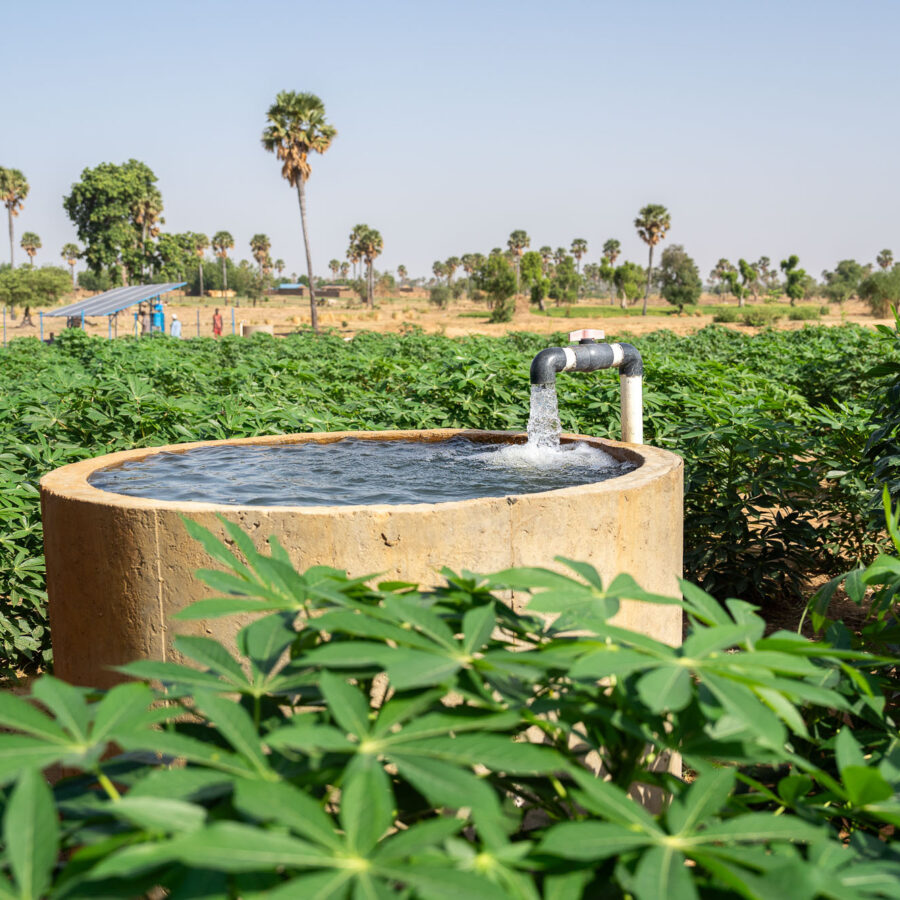

The Pacific
The Pacific
In the Pacific, climate change is no longer a distant challenge to prepare for. Its effects are being felt now – threatening biodiversity and forcing islanders to fight for survival.
Our expert on Small Island Developing States has one clear message: Small island nations can survive, thrive and lead the way in addressing climate change, but only if the global community stands with them.
Read more: Rising tides, raising voices: A call for climate action from the Pacific
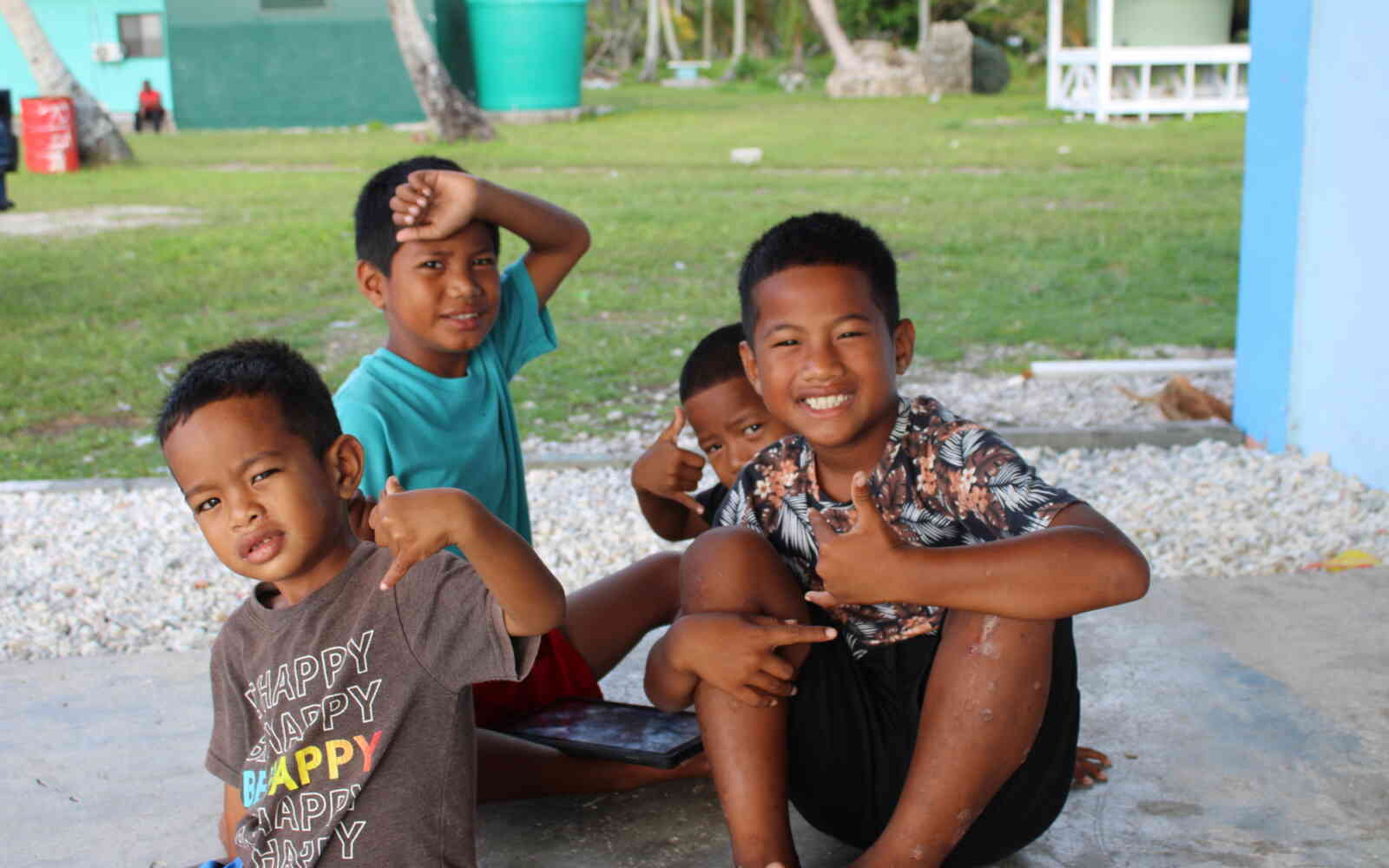
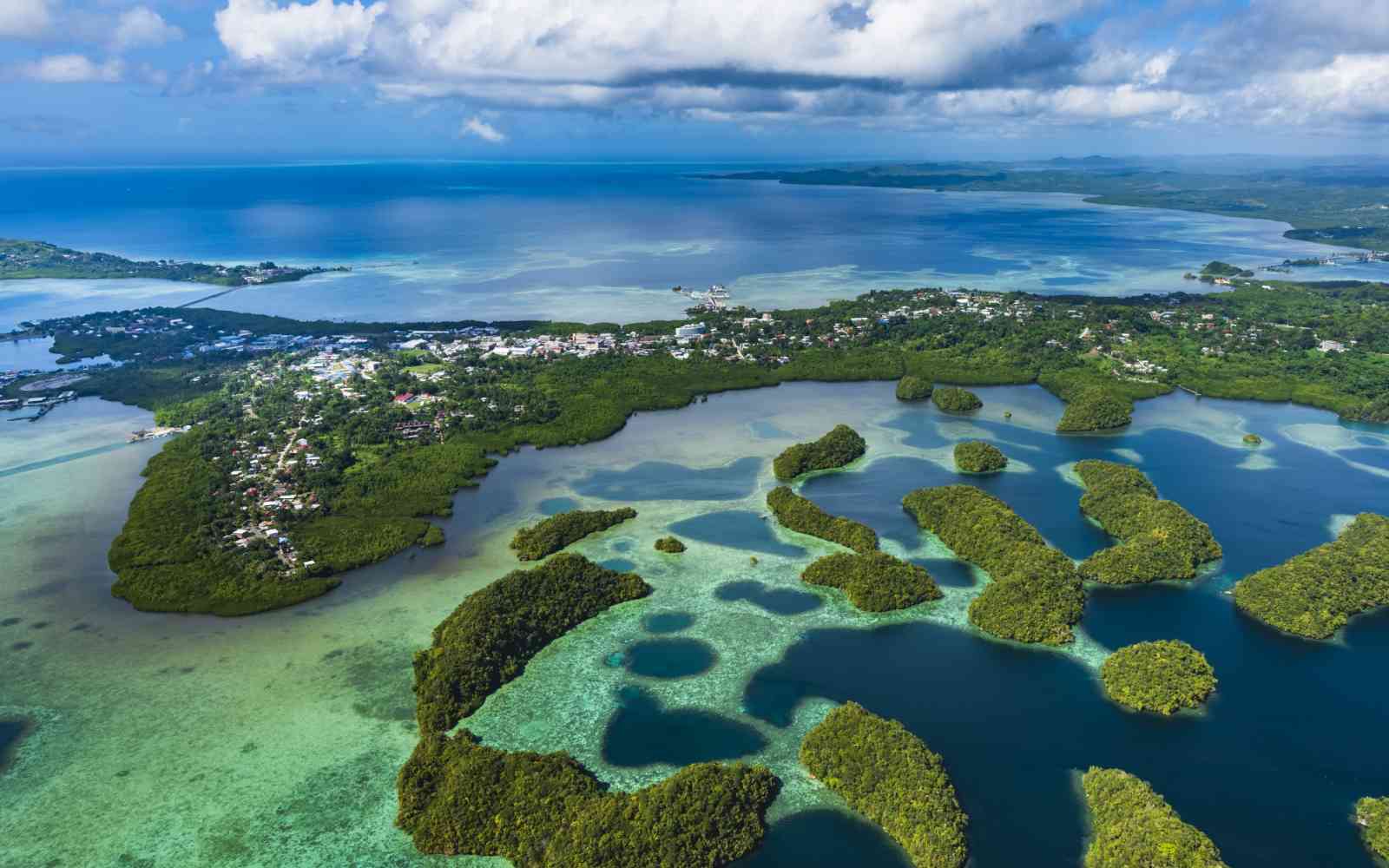
Yemen
Yemen
For many in Yemen, accessing clean water is a daily struggle, intensified by ongoing conflict and the impacts of climate change.
With financing from the World Bank’s International Development Association, we’re expanding access to safe and reliable water supplies for communities across the country. Together, we’re rehabilitating vital water and sanitation infrastructure and installing solar power units to create a sustainable energy source that will ensure water can be accessed for years to come.
Argentina
Argentina
In the arid and remote region of Santa Victoria Este, Argentina, indigenous communities face a critical water crisis. With vast distances and high levels of salt in the underground water, inhabitants struggle to access a safe and reliable water supply for their families and livestock.
To address this critical issue, we partnered with the government to provide rainwater harvesting systems. The systems secure access to safe drinking water, helping indigenous communities build resilience against droughts and heatwaves.
Read more: Towards climate resilience in Argentina
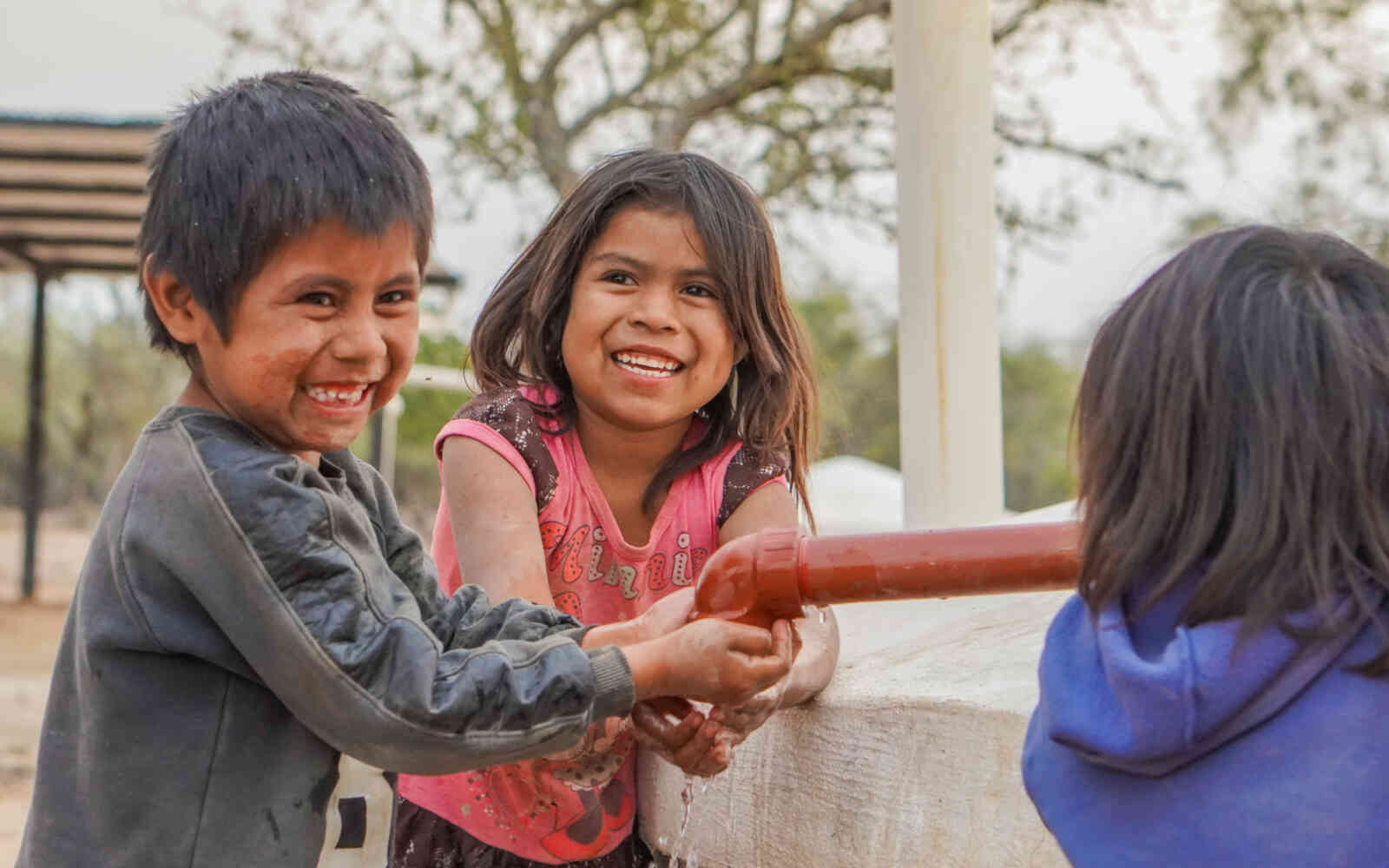

The Caribbean
The Caribbean
To many living in the wider Caribbean, the region’s marine and coastal environment represents far more than beautiful beaches, white sands and blue waters. It is a lifeline. It feeds families, fuels economies, shelters vibrant marine life and provides cultural identity. But for decades, rising pollution, overfishing and climate change have strained this fragile system.
To help protect these shared waters and build a sustainable future, we’re supporting a five-year regional initiative called PROCARIBE+. Funded by the Global Environment Facility, the programme focuses on integrated ocean management and sustainable economic growth. By turning big ideas into practical solutions, the programme supports grassroots initiatives, empowers local communities and fosters a sense of shared purpose.
Read more: Restoring the marine environment across the wider Caribbean

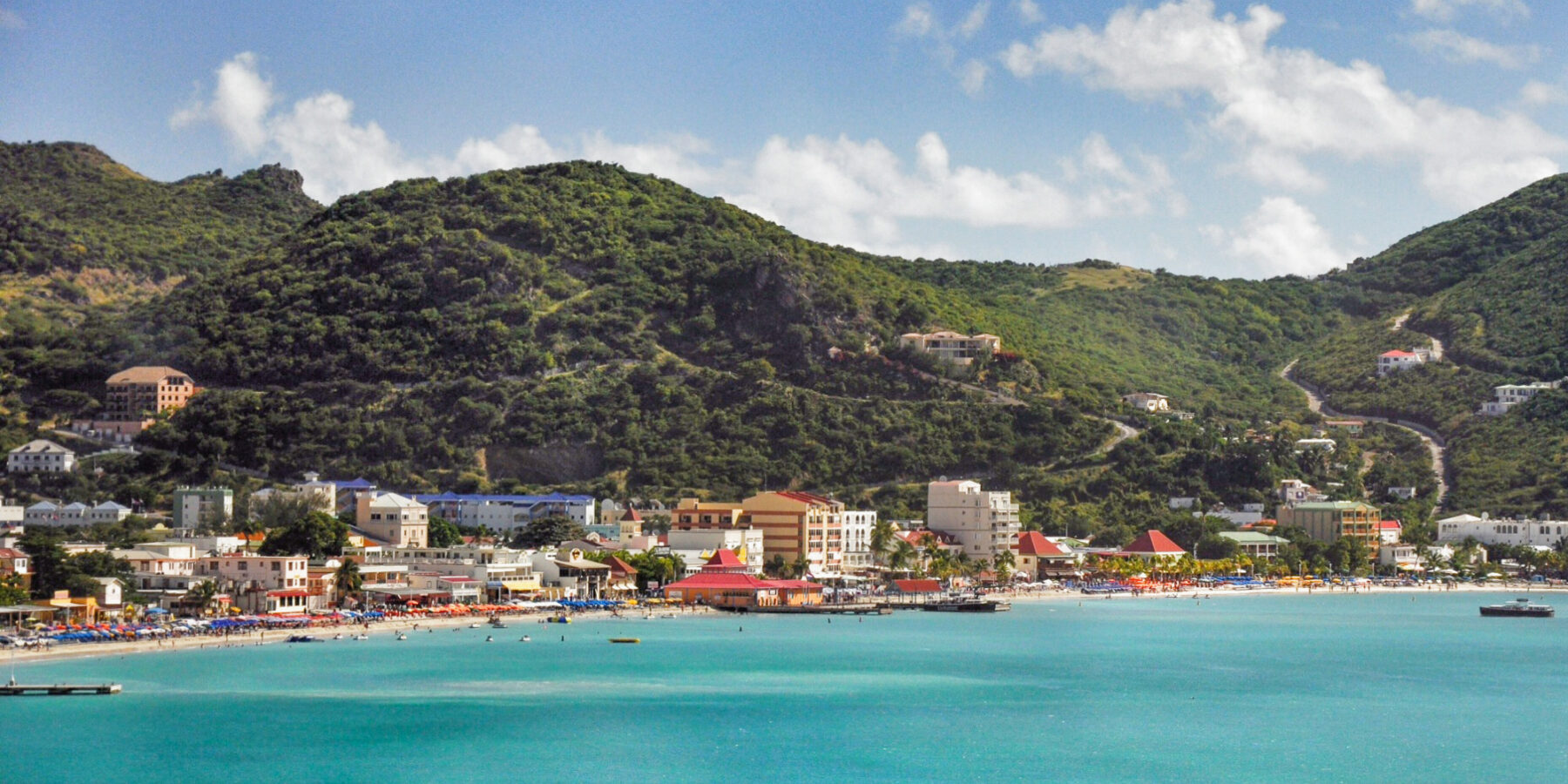
East-central Africa
East-central Africa
With a population of over 10 million people, Africa’s Lake Tanganyika Basin is internationally recognized as a global biodiversity hotspot. However, the lake’s biodiversity is under serious threat, worsened by increasing human populations and their intensified use of natural resources, and climate change.
With funding from the Global Environment Facility, the governments of Burundi, the Democratic Republic of Congo, Tanzania and Zambia have launched a five-year project to protect the water resources and biodiversity of the Lake Tanganyika Basin by promoting sustainable fisheries and restoring degraded landscapes across the region.
Protecting biodiversity, halting land degradation in Lake Tanganyika Basin
